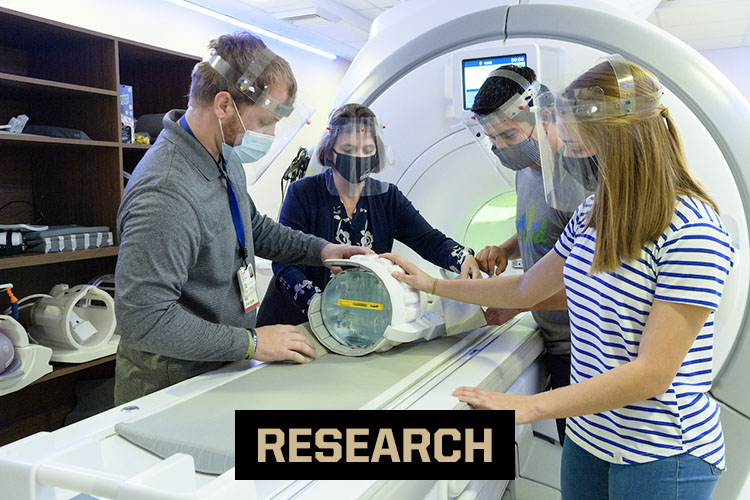Department of Physics and Astronomy
The Department of Physics and Astronomy has a rich and long history dating back to the latter part of the 19th century. Our faculty and students are exploring nature at all length scales, from the subatomic (quarks and gluons) to the macroscopic (black holes and dark energy), and everything in between (atomic and biological systems).
Prospective Grad StudentsUndergraduate StudentsGraduate StudentsOur Faculty



